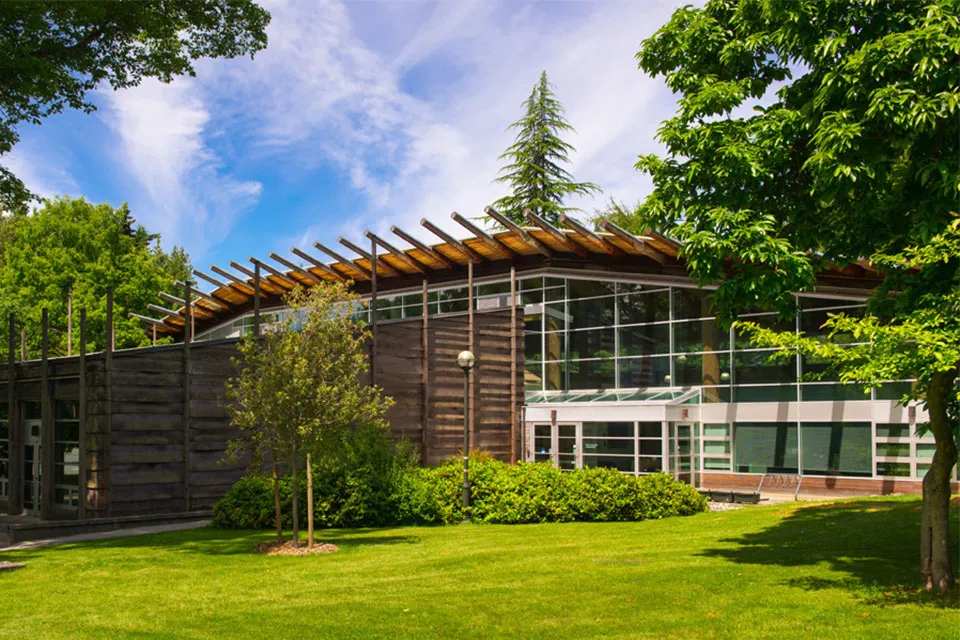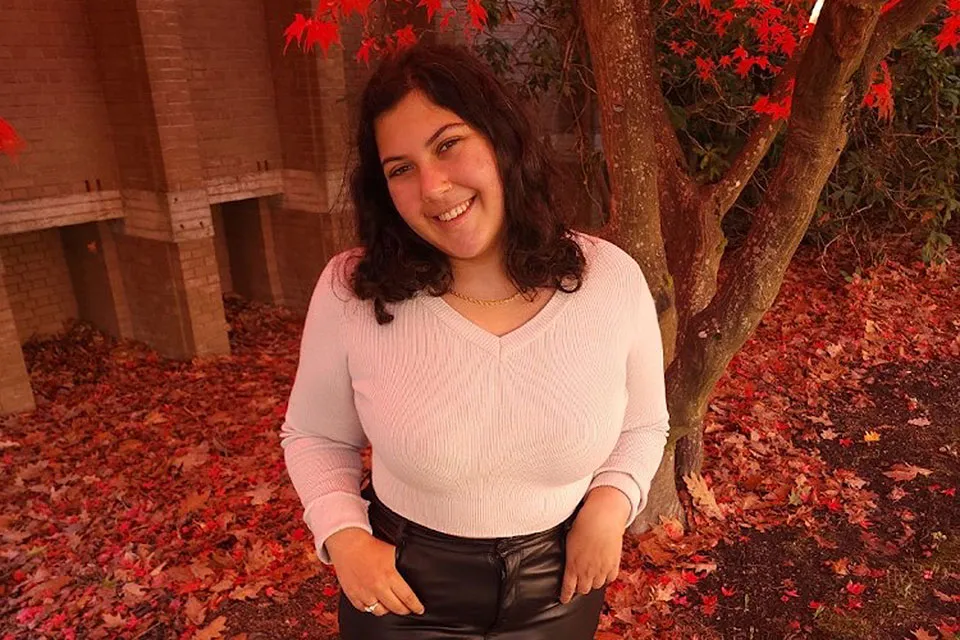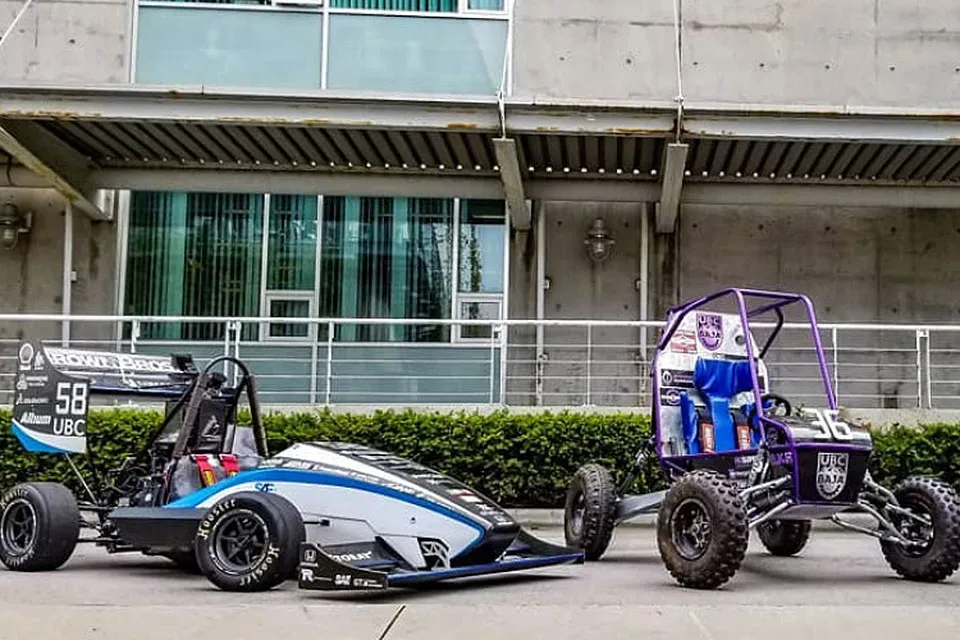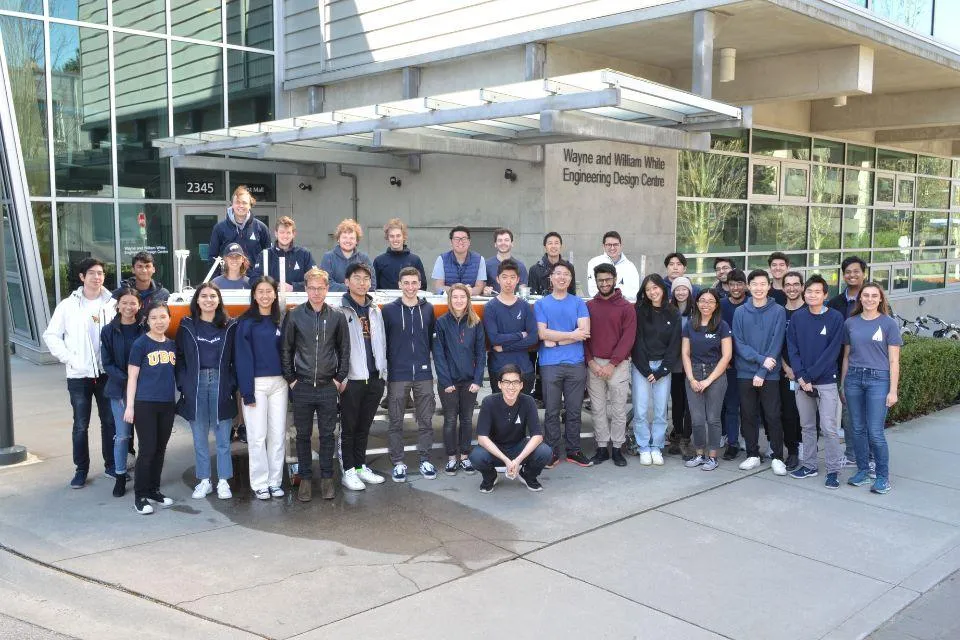The team at UBC Engineering Academic Services helps students with everything from course planning and registration to academic and well-being support.
Academic Advisor Catherine McInnis talks about the services students can access, and highlights some specific resources for Indigenous students.
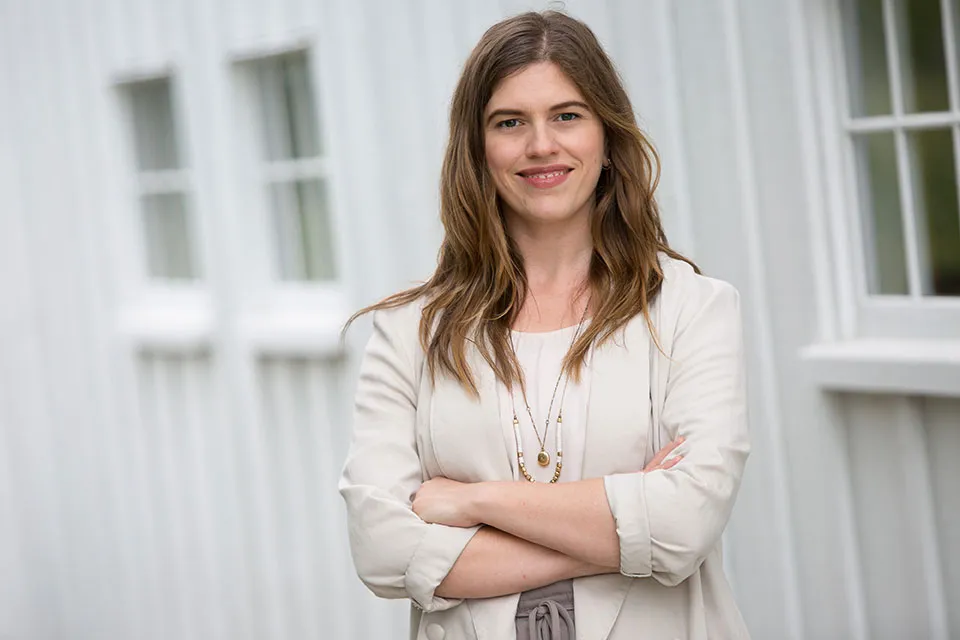
What is academic advising all about?
Our team of advisors at UBC Engineering Academic Services is the first point of contact for any undergraduate engineering student who has questions about the university, the program and life in general! We meet with students one-on-one, either in person or by video, to find out where they’re at, answer their questions and resolve any concerns. If appropriate, we’ll also connect them directly to other resources at UBC.
We help first-year students with course registration and guide them through the process of applying for their specialization in year two. If an emergency or extenuating circumstance comes up and a student can’t write a final or submit work on time, we can work with them to explore options and come up with solutions.
What Indigenous-specific support services are available at UBC?
There is a strong and committed network of Indigenous students at UBC to draw strength from. A lot of services and programs are run through the First Nations Longhouse, which is a really beautiful place where Indigenous students can hang out, study, and get food, coffee and supplies. šxʷta:təχʷəm, formerly Indigenous Student Collegium at the Longhouse offers tutoring in math, chemistry, biology, physics and economics. There’s also cultural and professional development programming organized by staff at the Longhouse, which includes a first year engagement and retention co-ordinator and counsellors who are available to provide trauma-informed, culturally appropriate care.
How do you help students through these challenges?
There’s a huge variety in the needs of students. Some students thrive right away and others benefit from having someone to talk to about what’s happening. My experience is that it’s very valuable to talk about and normalize any feelings of discomfort and vulnerability.
As advisors we are here to listen – to acknowledge those feelings and help students see that there are paths forward and strategies they can learn for adapting to university life, living away from home and managing their time.
We can also direct them to specific support services. On the academic side, we connect students with any academic resources they might need, which can range from a one-time drop-in session to regularly scheduled tutoring.
There are many resources for students here at UBC and so many people who are able to help. It can take a lot of courage to share that you are struggling. But doing so is an indicator of your resilience and courage. If you start to feel overwhelmed, come in and chat! And come in to talk when things are going well too!
Anything else you’d like to share?
I’m very interested in the transformative power of first-year university. Students are experiencing many new things and learning on so many levels. I’ve been there and struggled and failed and learned from the uncomfortable parts. I know there is a beautiful thing on the other side of that. I just love sharing these observations with students and helping them see their experiences with fresh eyes.
It’s exciting for students to start studying engineering at UBC. For many, this is one of the first times in their lives that they have students around them who are as excited as they are about math and physics and solving problems. And studying to be an engineer is so interesting: students are acquiring a lot of technical knowledge and learning the design process.
Of all the disciplines, engineering brings together people’s technical and creative sides. Engineers are true Renaissance people.
The community here at UBC Engineering is also so much fun – I love seeing what the student design teams come up with and watching their excitement as they work on projects together, like the team involved in UBC Sailbot. I love the camaraderie of the traditions, the songs, the badges they wear on their jackets. Our students are pretty special: I see them banding together in study groups and really helping each other to tackle the challenges together – it’s very inspiring.
